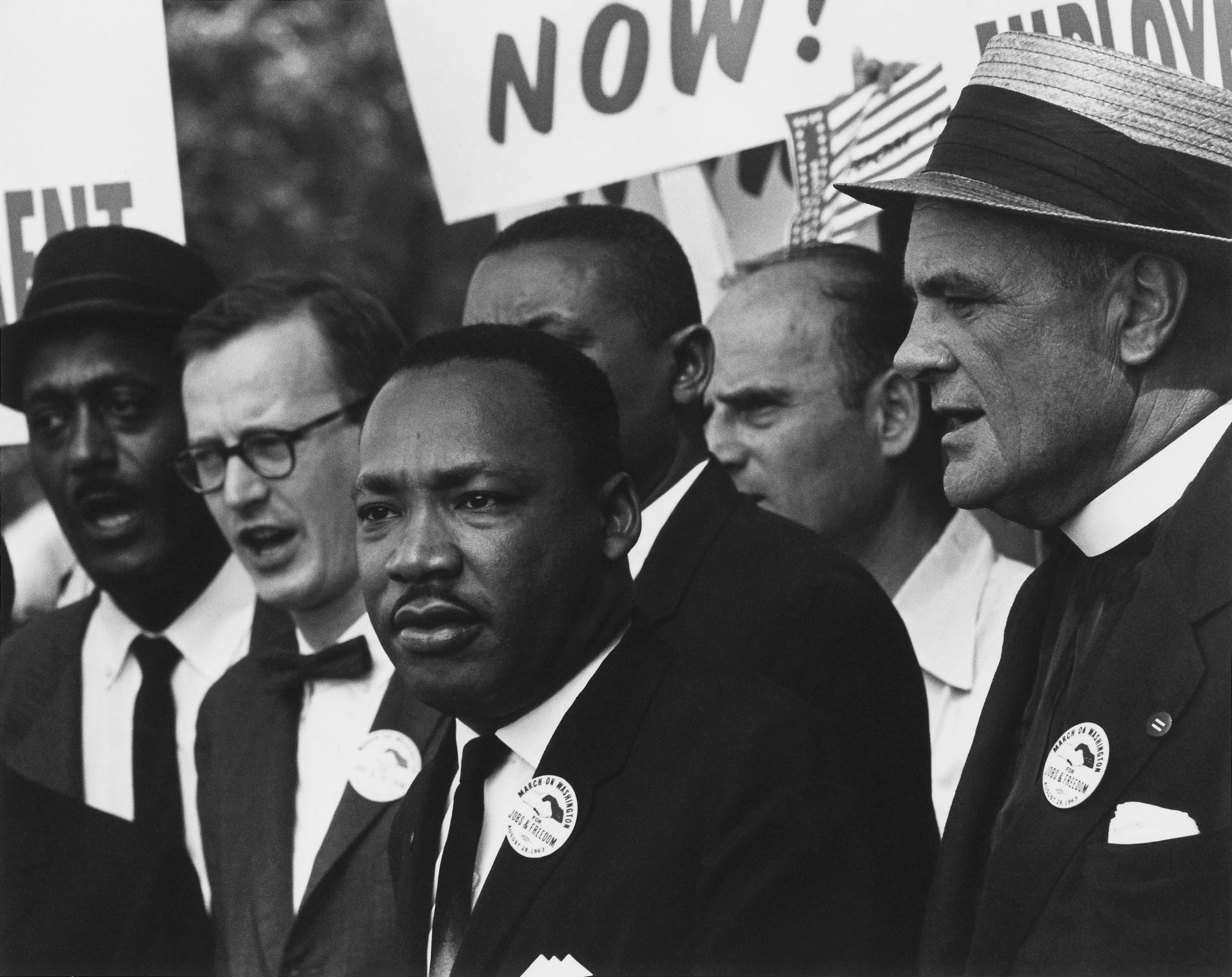In a free market with multiple businesses and good economic conditions most people can get what they want even if they don’t get every thing they want. If you like stainless steel appliances, it’s easy (lots of people want them), but even if you want pink appliances you can get them. That’s how a free market works. Choice tends to increase over time as economies and demand grows. The important point to note is that if someone has pink appliances, it is likely that they wanted them.
In other words, in a free market economy you can often tell what someone wants from what they in fact have.
Initially the primaries would offer people the full range. The pink retro party might have some initial success due to the novelty of the idea. Pretty soon, though, most people would decide that they couldn’t stomach so much pink in their kitchen. Over a few months the town would probably elect the stainless steel modern party who narrowly beat the inexpensive white party by only a few votes.
The point: in that town you would be much less likely to be able to tell what appliances people wanted from what they in fact had.



